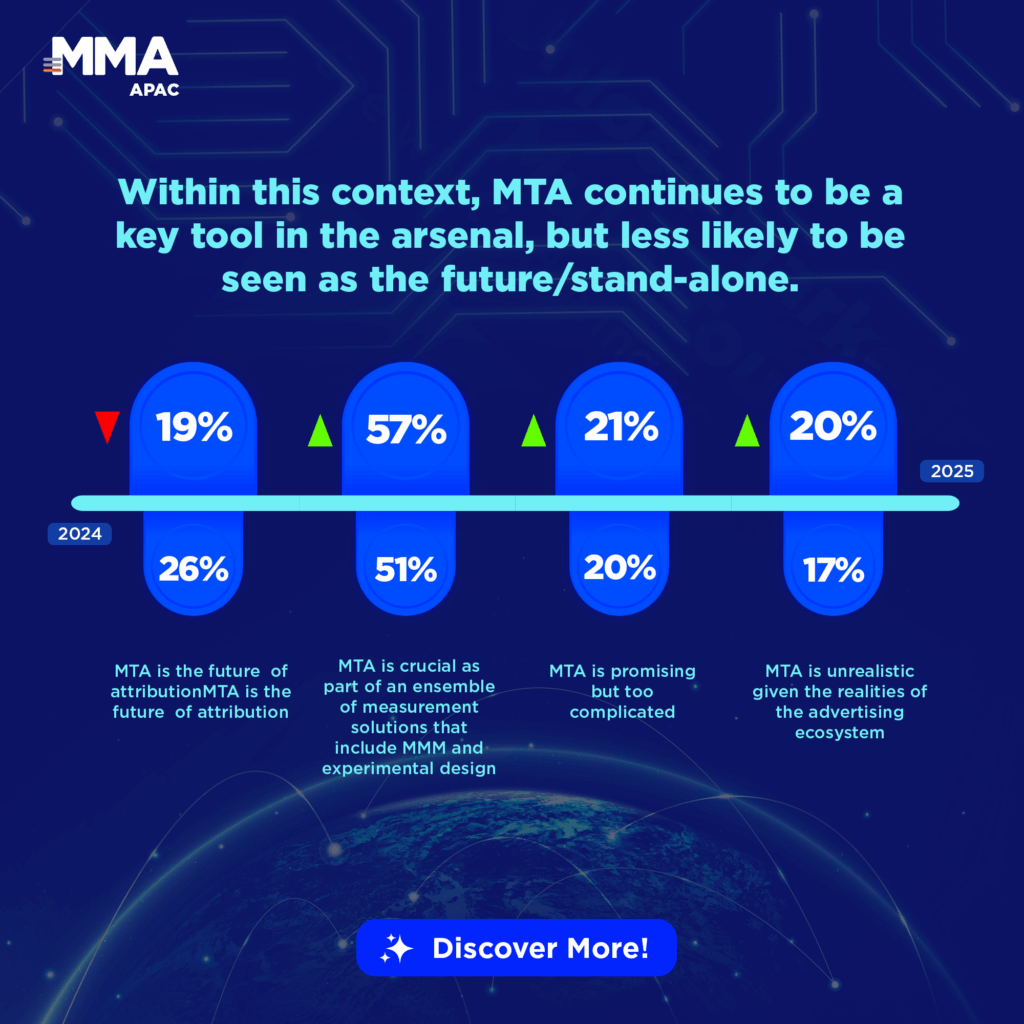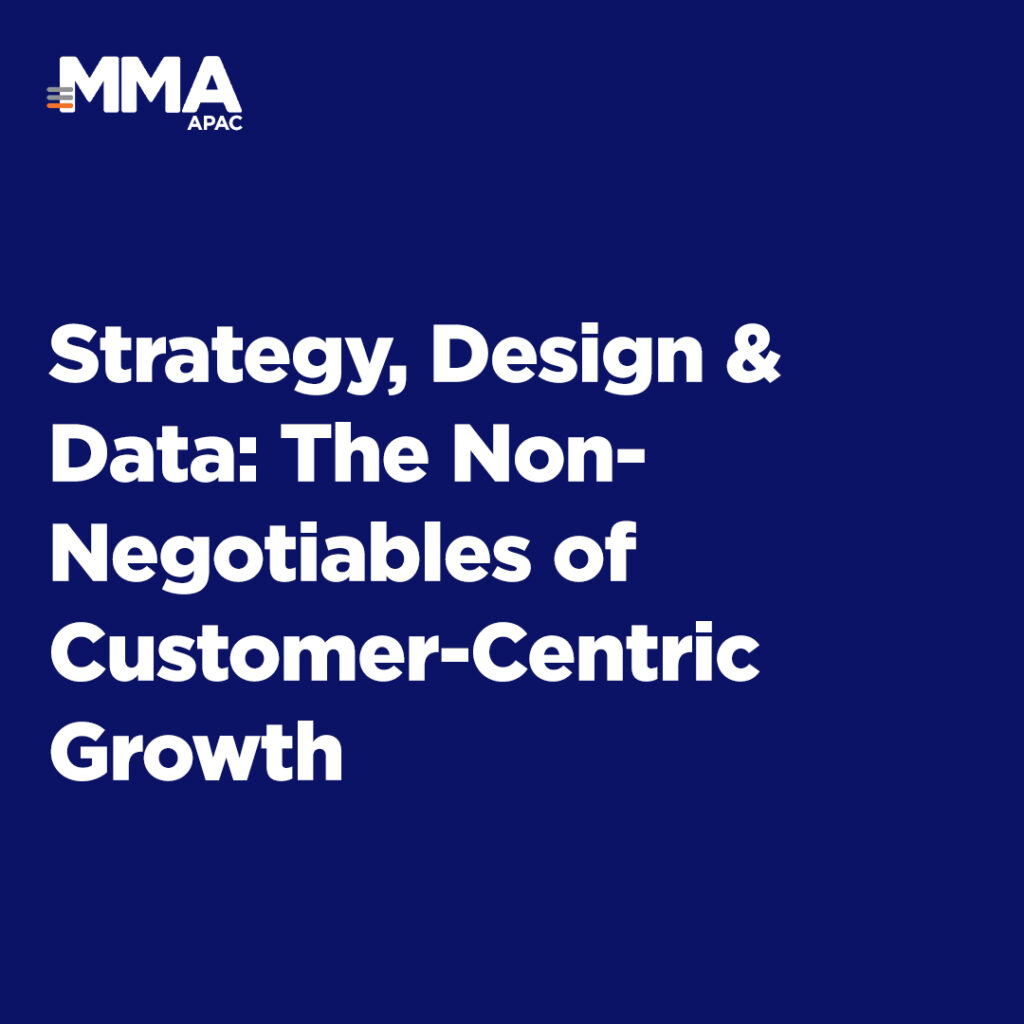
The world of marketing is undergoing a revolution driven by artificial intelligence (AI). However, as AI technology advances, concerns surrounding data ethics and privacy have come to the forefront. In this article, we will delve into the risks associated with data ethics and privacy in AI-driven marketing, explore principles and guidelines for responsible data handling, and highlight the crucial role of marketers and brand owners in safeguarding consumer privacy.
RISKS OF DATA ETHICS AND PRIVACY IN AI-DRIVEN MARKETING
AI-driven marketing brings tremendous opportunities, but it also carries inherent risks that need to be addressed to ensure responsible and ethical practices. The following risks are particularly relevant in the context of AI-driven marketing:
Unintended biases and discriminatory practices
AI algorithms heavily rely on data for training, and if the data used contains biases, it can perpetuate unintended discrimination. Biased AI algorithms pose the risk of excluding certain demographics and reinforcing discriminatory practices in marketing. To tackle this challenge, the AI engineers emphasize the importance of rigorous evaluation and continuous monitoring of algorithms to identify and rectify biases. Regular audits and diverse training data can help mitigate biases and promote fairness and inclusivity.
Unauthorized data collection and usage
The collection and usage of personal data without proper consent or knowledge of consumers raise ethical concerns. Unauthorized data collection can lead to privacy breaches, compromising sensitive information and eroding consumer trust. Our AI experts & Safety consultant stress the significance of obtaining explicit consent and ensuring transparent data collection practices. By prioritizing informed consent and clearly communicating data usage policies, brands can build trust and empower consumers to make informed decisions about their data.
Lack of transparency and consumer trust
The lack of transparency in AI algorithms and decision-making processes undermines consumer trust. When consumers are uncertain about how their data is being used and how AI-driven systems operate, it leads to doubts about fairness and trust in marketing practices. Transparency is essential to build and maintain consumer confidence in AI-driven marketing solutions.
MITIGATING THE IMPACT OF RISKS
To address the impact of risks associated with data ethics and privacy in AI-driven marketing, several measures can be taken:
Transparency and informed consent
Brands should prioritize clear communication with consumers and obtain explicit consent for data collection and usage. By providing detailed information about how data is collected, used, and protected, brands can empower users to make informed choices regarding their data, thereby building trust and confidence.
Minimization of biases and discrimination
Brands must actively work to identify and mitigate biases in AI models to ensure fairness and inclusivity. Regular audits and evaluations of AI algorithms can help identify and rectify any unintended biases, ensuring that marketing efforts are inclusive and do not discriminate against particular groups.
Responsible data handling and storage
Secure data storage and protection against breaches are vital for maintaining consumer privacy. We recommend implementing robust data protection measures, such as encryption techniques and regular security audits, to safeguard user data. Additionally, brands should define clear data retention policies, specifying how long data will be stored and when it will be securely deleted. Responsible data handling practices demonstrate a commitment to privacy and build consumer confidence in AI-driven marketing.
Accountability and ethical decision-making
Establishing internal guidelines and frameworks for ethical AI usage is crucial. Brands should promote a culture of ethical decision-making and accountability, ensuring that AI-driven marketing strategies align with ethical principles. By adhering to established guidelines, brands can mitigate the impact of risks and build trust with their customers.
CONCLUSION
In the era of AI-driven marketing, data ethics and privacy are of paramount importance. Risks associated with unintended biases and discrimination, unauthorized data collection and usage, and the lack of transparency and consumer trust can significantly impact brand reputation and customer relationships. To mitigate these risks, brands must prioritize transparency, informed consent, the minimization of biases, responsible data handling, and ethical decision-making. By doing so, brands can foster trust, ensure fairness, and contribute to a responsible marketing ecosystem.



















